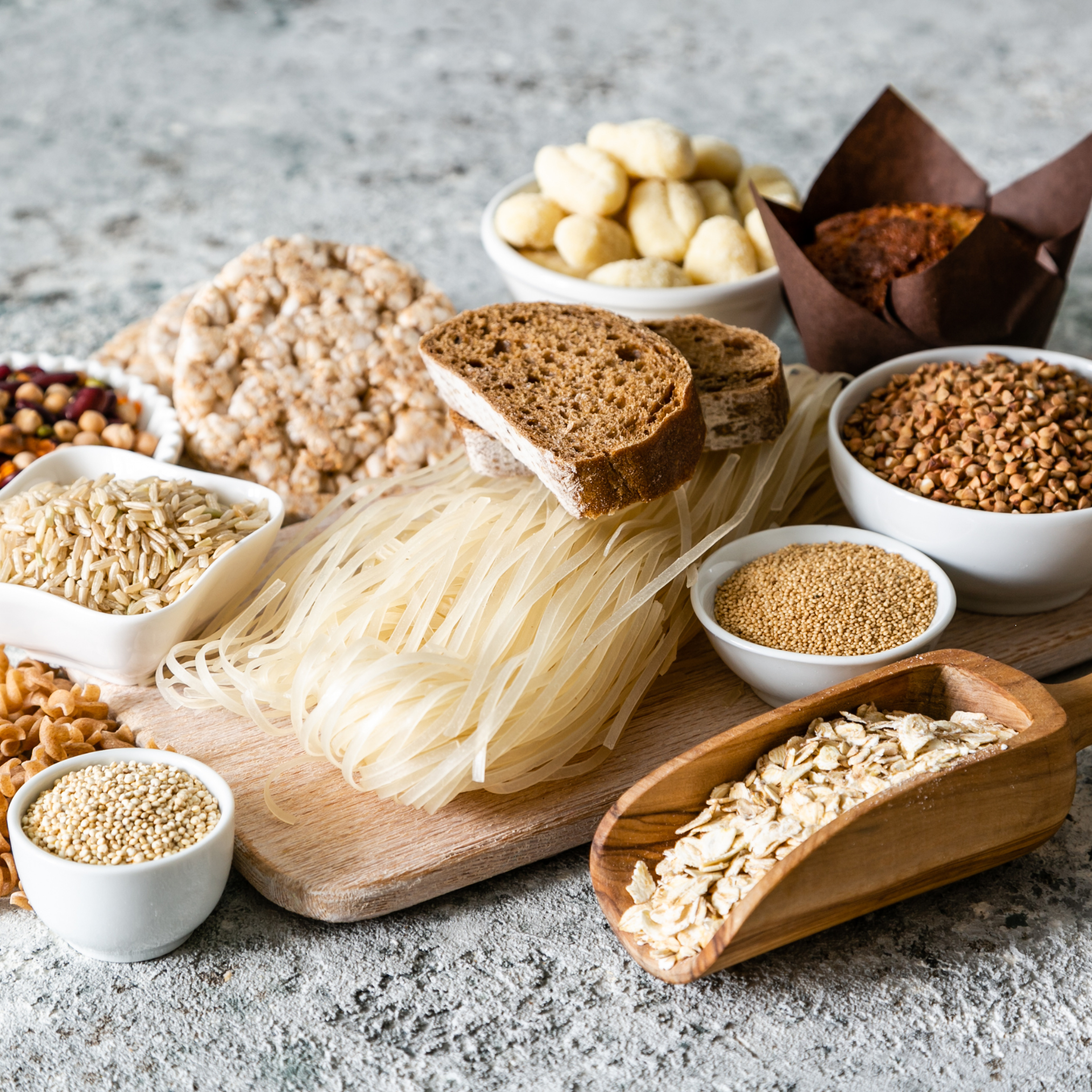
How Your Gut Influences Your Weigh
Are you the type of person who tries everything to lose weight with no success?
Perhaps you manage to shed a few pounds but find it difficult to maintain the weight loss? Many believe that cutting carbs and sweating through intense exercise is sufficient to lose weight, but this is far from the truth. Starving yourself or pushing your body to extremes in the gym can do more harm than good. Such practices can trigger your body's survival mode, spiking cortisol levels, and leading to an increase in blood sugar to prepare for "fight or flight". The result? More body fat.
The complexity of weight loss extends beyond mere calorie consumption. It's time to explore deeper, to uncover potential underlying causes of weight gain, starting with the digestive system. The gut, closely linked to inflammation and the immune system, plays a pivotal role in weight management.
The Role of the Gut in Weight Management
Unlocking the Gut Puzzle: Firmicutes and Weight Gain
Unravelling the connection between gut microbiota and weight management reveals a significant role played by Firmicutes bacteria. Studies indicate that elevated levels of Firmicutes in the gut are linked to weight gain and obesity. These bacteria have a talent for extracting energy from food, potentially contributing to increased calorie absorption and subsequent weight gain. Conversely, lower levels of Bacteroidetes are associated with obesity. This delicate balance between Firmicutes and Bacteroidetes sheds light on the complexities of weight regulation and underscores the importance of gut health in overall well-being.
Causes of Gut Inflammation

Several factors can contribute to inflammation in the gut, including:
- Diet: Consuming fried foods and drinking tap water can irritate the gut lining.
- Antibiotics: Overuse of antibiotics can disrupt the balance of beneficial bacteria in the gut.
- Environmental Toxins: Exposure to pollutants can harm the digestive system.
- Pathogens: Infections with H. Pylori, parasites, or overgrowth of bacteria and candida can imbalance gut health.
- Food Sensitivities: Consuming foods that your immune system reacts to can cause chronic inflammation, especially around the gut lining, leading to increased intestinal permeability (leaky gut) and further inflammation.
Inflammation and Metabolism
A higher metabolic rate helps burn more calories, making it easier to lose weight and keep it off. However, chronic inflammation can disrupt this process by affecting hunger mechanisms and hormones that regulate metabolism, such as insulin.
Insulin Resistance
Chronic inflammation can lead to insulin resistance, where the body's cells become less responsive to insulin. This causes higher glucose levels in the blood, prompting the pancreas to produce more insulin. High insulin levels make it difficult for the body to burn fat, as fat burning is triggered when insulin levels drop.
The Vicious Cycle of Weight Gain
Increased body fat can lead to higher estrogen levels, further contributing to weight gain. This imbalance affects the thyroid gland, disrupts your relationship with food, and ultimately, damages your metabolism. This cycle perpetuates, creating further damage to the gut and making weight loss even more challenging.
Breaking the Cycle
Despite the overwhelming amount of information available today, it's crucial to approach weight loss strategies critically. While a low-carb diet can be beneficial in the short term, maintaining it long-term can lower your metabolism, hindering your weight loss efforts.
Functional Medicine Approach
To address the root causes of weight gain, consider following a functional medicine protocol. This involves resetting your hormones, blood sugar, digestion, and inflammation.
Programs like our 21 Day Reset can be beneficial, but for a more personalised approach, at-home weight management tests and organic acid tests can provide insights into whether hormonal imbalances or gut health issues are at the core of your weight problems.
Practical Steps to Improve Gut Health and Weight Management

- Dietary Adjustments: Focus on whole foods, rich in fibre, and avoid processed foods. Incorporate probiotics through fermented foods or supplements to maintain a healthy gut flora.
- Hydration: Drink purified water to avoid toxins that can harm the gut.
- Stress Management: Practice stress-reducing activities like meditation, yoga, or deep breathing exercises to lower cortisol levels.
- Avoid Unnecessary Antibiotics: Use antibiotics only when absolutely necessary to prevent disruption of gut bacteria.
- Identify and Eliminate Food Sensitivities: Identify foods that may be causing inflammation and eliminate them from your diet.
- Regular Physical Activity: Engage in moderate exercise to boost metabolism without overstressing the body.
Final Thoughts
Understanding the intricate relationship between gut health and weight management is essential for anyone struggling with weight loss.
The gut influences metabolism, inflammation, and hormone regulation, all of which are crucial for maintaining a healthy weight. Rather than relying solely on restrictive diets or intense exercise, addressing gut health and reducing inflammation can offer a more sustainable and effective approach to weight loss.
If you're struggling with losing weight and keeping it off, consider that your body might be signalling deeper issues related to gut health.
By adopting a comprehensive approach that includes dietary changes, stress management, and personalised testing, you can uncover and address the root causes of weight gain.
Remember, achieving and maintaining a healthy weight is not just about calories in versus calories out; it's about nurturing your entire body, starting with the gut.









Leave a comment